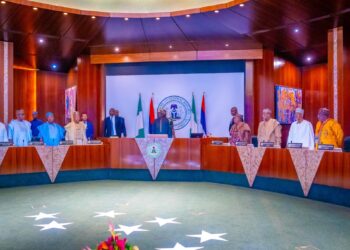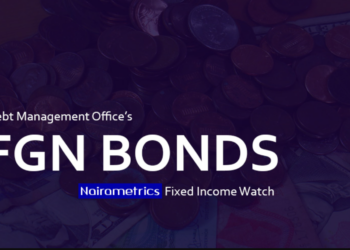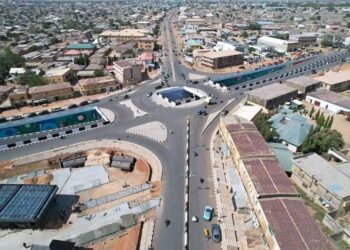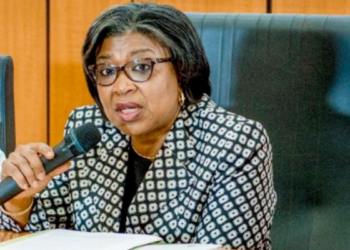Nigeria’s debt increased by ₦9.61 trillion between mid-2015 and end of 2017, The Debt Management Office has said.
In a statement to The Punch Newspaper, the Debt Management Office said that Nigeria’s external debt stood at 26.64% as at the end of 2017 compared to the 20.04% that was recorded in 2016. Domestic debt, however, decreased, standing at 73.36% less than the 79.96% that was recorded in 2016.
This 79.25% increase occurred during President Muhammadu Buhari’s presidency. It should be recalled that Nigeria’s debt as at June 30th, 2015 was ₦12.12 trillion, a sharp contrast to the ₦21.73 trillion that was recorded by the end of 2017.
More details about the debts
The Federal Government of Nigeria is single-handedly owing a total of ₦12.59 trillion in domestic debts, while the 36 states and the Federal Capital Territory also owe ₦3.35 trillion local debt. These figures, coupled with the ₦5.79 trillion jointly owed by the states, the FG and the FCT, put Nigeria’s total debt (as at December 31st, 2017) at ₦21.73 trillion.
Cause of the increase in external debt
According to the DMO, the increase in Nigeria’s foreign debt was deliberate in that it was aimed at restructuring the debt mix as a way of minimising the high-interest rates of local debts.
The key benefits of the restructuring of the portfolio are the reduction of the government ’s debt service costs , lowering of interest rates in the domestic market and improved availability of credit facilities to the private sector .
We repaid ₦198 bn Nigerian Treasury Bills in December 2017 with the proceeds of Eurobond issuances and we have continued further implementation of the strategy in 2018 , with the issuance of the $ 2. 5bn Eurobonds in February 2018, the proceeds of which is being used to repay maturing domestic debt , starting with N 130 bn NTBs repaid on March 1 , 2018.-DMO
The Debt Management Office went further to state that Nigeria’s debt is within the sustainable threshold of 56% recommended for developing countries. More so, the borrowed monies were intended for developmental purposes, the DMO said. Asides helping to finance Nigeria’s budget, however, the debt also represented about 18.2% of Nigeria’s Gross Domestic Product in the past year.























